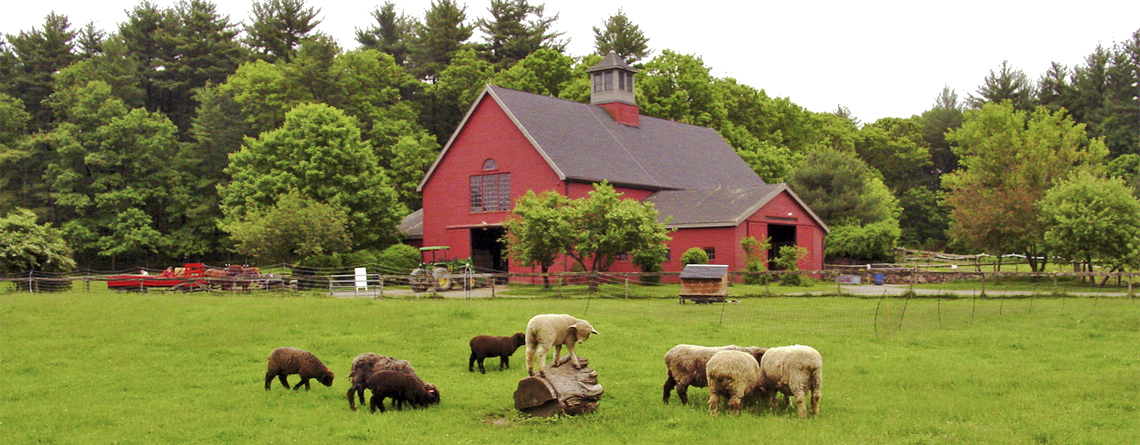Every year the River Stewardship Council (RSC) holds its signature Riverfest event and provides financial support to many other events and projects that raise awareness of the challenges the rivers face and solutions that can be implemented at the local level. A sample of these efforts are described below.
Riverfest — A Celebration of Our Wild and Scenic Rivers
Started in 2001, Riverfest is a venue for attracting people to the rivers for a weekend of fun and educational events. Over 50 local organizations host a wide variety of events on and along the rivers, and invite the public, free of charge, to participate. Pontoon boat rides, narrated canoe and kayak trips, history walks, fishing classes for kids, art exhibits, music, dramatic re-enactments, races, bike rides, birding trips, lectures, picnics, treasure hunts, wildlife exhibits and shows, RiverQuest, wandering poets...The ideas for fun events multiply each year.

Riverfest is the primary public education effort undertaken by the RSC each year. Because it is a series of events on and along the rivers, it invites residents to enjoy the river in their community, and farther afield too. RSC believes that if an individual can have an enjoyable experience on the river, and relate to the river in some way that is of interest to them, then he/she may be more apt to want to protect river resources.
Riverfest has been a great way to build relationships between many local groups from the river communities, to encourage creative thinking about the rivers, and to create hands-on educational experiences for children.
River Schools Project
The RSC works in partnership with Mass Audubon’s Drumlin Farm Wildlife Sanctuary’s environmental education program to strengthen awareness and appreciation of river resources among youth who reside within the Sudbury, Assabet and Concord watershed. Educators and naturalists at Drumlin Farm partner with classroom and after-school teachers to create a program, partly in the classroom, and also in the field to introduce elementary and middle school students to the rivers and their ecosystems. A comprehensive river study curriculum has been developed that includes classroom visits, hands-on field study at river sites, and reflective exercises which help to build appreciation and inspire action to protect our rivers. Presently the River School Project is offered in Bedford, Chelmsford, Concord, Framingham, Hudson, Lincoln, Lowell, Marlborough, Maynard, Sudbury, and Wayland.
Junior River Rangers Pilot Project
The Junior River Rangers program is an exciting new program modeled after the Junior Rangers program found in many national parks. The Sudbury, Assabet and Concord Rivers is the first of two Wild and Scenic river systems in the country to have this type of program. The program provides a colorful activity booklet to guide children through a number of activities that teach about Wild and Scenic Rivers, the rivers’ special values, and how to protect and care for rivers. Activities require some hands-on exploring of the river banks and the animals that live there. Although geared for children aged 8-12 years old, all youth are encouraged to participate. Once the booklet is completed and reviewed by a ranger, a special badge will be presented to the new Junior River Ranger. Booklets will be available at OARS’ Water Wise Workshops and OARS office, Minute Man National Historical Park Visitor Centers in Concord, Great Meadows National Wildlife Refuge office in Sudbury, and Mass Audubon’s Drumlin Farm in Lincoln.
Download the Junior River Rangers Activity Book and Guide.
Stormwater Education
The RSC supports stormwater workshops held by the SuAsCo Watershed Community Council for municipal officials in the watershed. Getting communities on board now to adopt best stormwater management strategies in their bylaws, municipal housekeeping, erosion prevention requirements, and highway practices is essential to improving water quality. For a municipality to take these actions, requires money and commitment. The workshops educate municipal officials (staff, Selectmen, etc.) about: how stormwater impacts water quality and water quantity, how it is far more cost-effective to stop pollution before it enters a water body than to clean it up after the fact, resources and examples of best management practices, and status updates on federal and state regulations.
Forums on River Restoration
OARS holds forums on topics of local concern in an effort to raise awareness of the challenges facing the rivers and possible solutions. A series of focus groups and a forum on “Understanding the Impacts of Dams in Your Community” were held 2009. A forum on “Smart, Clean, Green: Innovative Water Systems for Our Communities” was held in 2010 that looked at alternative ways of managing wastewater and stormwater that would help to restore the water balance in the watershed.
Interpretive Panels

The Old Danforth Street Bridge, gateway to the wild and scenic river, is an old pony trestle bridge which has recently been refurbished. Friends of Saxonville, a local community group in Framingham, worked with the Town of Framingham to create a park at the site, including beautiful flower beds, bricked walkways and a gazebo-like educational kiosk. The RSC joined the effort to help design the kiosk and create attractive, interesting panels which highlight the river. Similarly, the RSC funded the interpretive panel at the Lincoln Launch (Sudbury River access point) and the Billerica Katie Durand Memorial Park (Concord River access point). The RSC will continue to work with local communities to place kiosks in other popular river-side spots.



